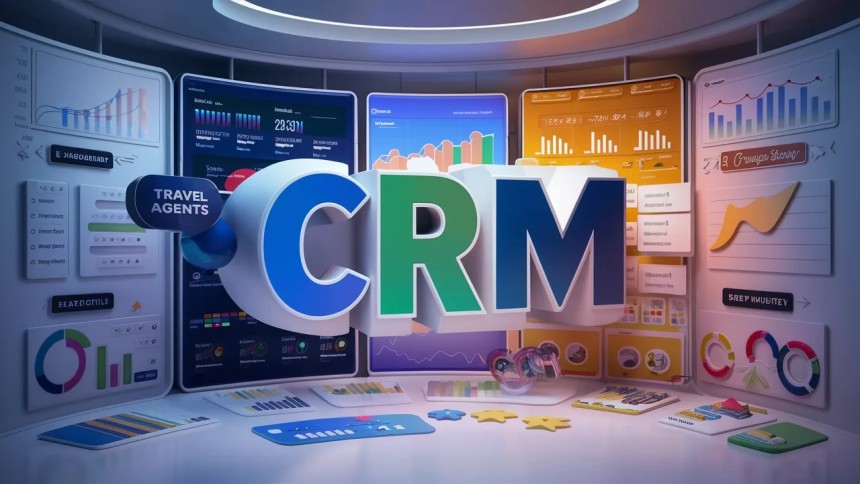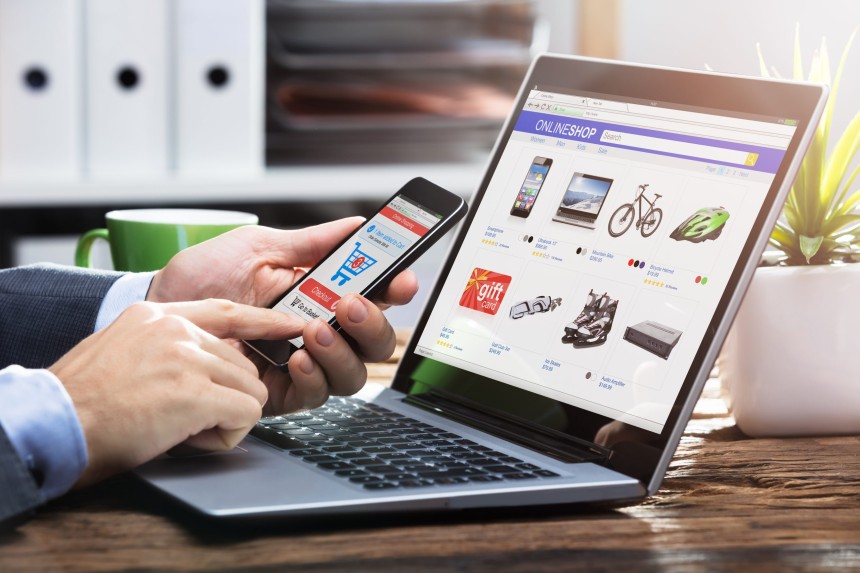
How Travel CRM Improves Customer Experience
In the highly competitive travel industry, customer experience plays a pivotal role in shaping the reputation and success of businesses.
In the highly competitive travel industry, customer experience plays a pivotal role in shaping the reputation and success of businesses. As travellers increasingly demand personalised, efficient, and seamless services, companies must adapt their strategies to meet these expectations.
A Travel CRM system is a powerful tool that helps travel agencies, tour operators, and hospitality providers enhance the customer experience. Below, we’ll explore how a Travel CRM can transform customer interactions and drive satisfaction in the travel industry.
One of the key benefits of a Travel CRM is its ability to gather and analyze customer data, which helps businesses offer highly personalized experiences. By tracking customer preferences, travel history, and interaction history, a Travel CRM allows businesses to tailor their services to individual needs. For example, if a customer often books beach vacations, the CRM can help identify suitable destinations, hotels, or packages aligned with their past preferences.
This personalization doesn’t stop at the booking stage; it extends throughout the entire customer journey. Travel businesses can send tailored promotions, exclusive offers, and recommendations based on the traveler’s interests, thus increasing the chances of repeat bookings. Personalizing communication through emails, SMS, or social media messages also enhances customer satisfaction, making them feel valued and understood.
Communication is vital in the travel industry, where customers may have many questions or require assistance at different stages of their journey. A Travel CRM centralizes all customer interactions across multiple channels such as email, phone, social media, and chat—into a single platform, making it easy for businesses to respond promptly and efficiently.
Customers no longer have to repeat their queries every time they reach out. Travel businesses can quickly access the customer's previous interactions, enabling them to offer faster and more relevant solutions. Whether it's rebooking a flight, resolving an issue with accommodation, or providing details about an itinerary, CRM systems streamline communication and enhance the overall experience for travelers.
For travelers, booking should be as hassle-free and streamlined as possible. Travel CRMs integrate with various booking platforms, allowing businesses to manage flight, hotel, and tour bookings in one place. By automating booking confirmations, sending reminders, and tracking payment status, a CRM helps eliminate errors and confusion that often arise during manual processes.
A seamless booking experience translates to higher customer satisfaction, as travellers can complete their bookings with ease, knowing that their preferences are saved, and their information is securely stored. Furthermore, CRMs can suggest additional services or upsell opportunities based on the customer's profile, improving both the customer experience and the company’s bottom line.
Travel plans can often change at the last minute, flights may be delayed, hotels may overbook, or weather conditions can affect travel schedules. A Travel CRM helps businesses manage these disruptions by providing real-time updates and notifications to customers. Whether it’s a flight delay, a change in itinerary, or any last-minute adjustments, CRMs ensure that customers are informed and can make alternative arrangements in a timely manner.
This proactive approach to communication instils trust in the customer, as they feel more in control of their travel plans and confident that the business is looking out for their best interests. Additionally, automated updates via SMS, email, or push notifications reduce the burden on customer service teams and ensure that all customers receive the information they need.
A key aspect of customer experience is loyalty. Travel businesses often face challenges in retaining customers, but a Travel CRM can help nurture long-term relationships through loyalty programs. By analysing customer behaviour and booking patterns, a CRM system can identify the most loyal customers and offer them rewards such as discounts, priority booking, or exclusive packages.
Loyalty programs help businesses keep customers engaged and encourage repeat bookings. For example, when a traveller accumulates points or rewards for each booking, they are more likely to choose the same service for their next trip. By rewarding customer loyalty, travel businesses can enhance their relationship with clients, leading to higher customer retention rates and more positive reviews.
Travel CRMs generate detailed analytics on customer behaviour, booking patterns, and service preferences. This data provides businesses with actionable insights to improve services and address any gaps in their offerings.
By understanding customer preferences and market trends, businesses can continuously improve their offerings, align with customer expectations, and maintain a competitive edge in the industry.
Customer feedback is an invaluable tool for improving service quality, and a Travel CRM can streamline the collection and management of reviews and ratings. After each trip or service, businesses can send automated surveys to customers, asking for their feedback on their experience. This feedback can be used to identify areas for improvement and ensure that travelers’ concerns are addressed.
When customers see that their feedback is valued and acted upon, it reinforces their loyalty and trust in the business. Moreover, by resolving any negative experiences promptly and professionally, companies can turn dissatisfied customers into satisfied ones, ultimately boosting their reputation and brand loyalty.
In today’s digital age, customers expect a seamless omnichannel experience. Travel CRMs enable businesses to provide consistent service across various touchpoints, whether a customer reaches out via website chat, mobile app, email, or in-person. By centralizing all communication in one place, CRMs ensure that customers receive the same level of service no matter how they interact with the company.
This consistency enhances the customer experience by creating a smooth, cohesive journey. Whether a traveler is booking a vacation online or making inquiries through a mobile app, they’ll receive timely and relevant responses, which leads to greater satisfaction and confidence in the brand.
Travel CRM systems are revolutionizing the way travel businesses manage customer relationships and improve the overall travel experience. By leveraging data, streamlining communication, offering personalized services, and ensuring seamless bookings, a Travel CRM enables companies to deliver exceptional customer experiences. As customer expectations continue to rise, the adoption of CRM systems will become even more critical in creating lasting relationships, enhancing satisfaction, and staying competitive in the dynamic travel industry.





